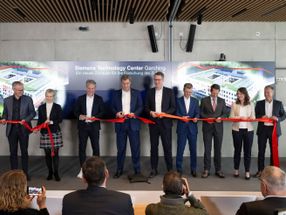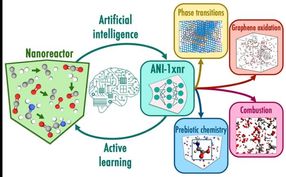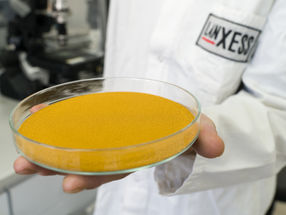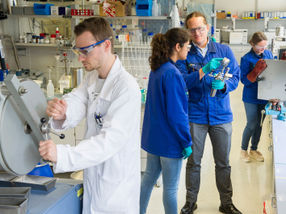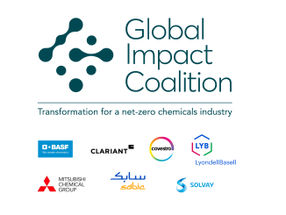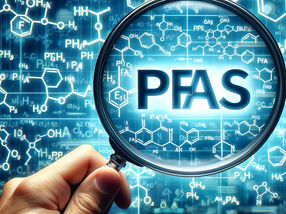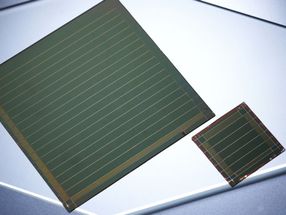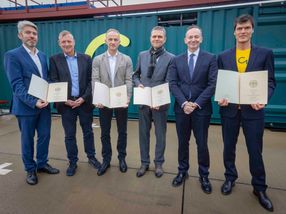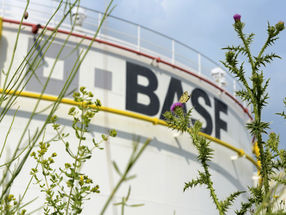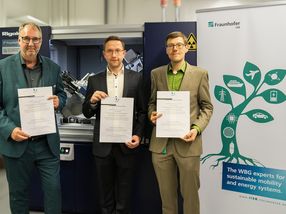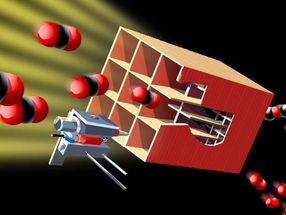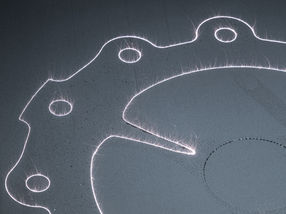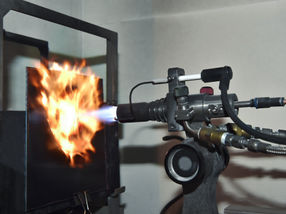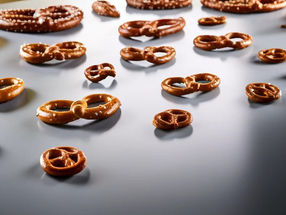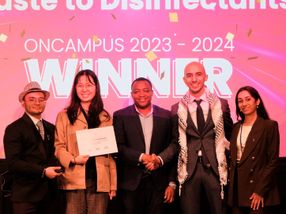Degussa Starts New Project House
11-Mar-2005
Degussa AG has started its new Project House Process Intensification. Over the next three years, the company will invest EUR15 million in researching new process strategies and reactor designs that make production plants for specialty chemicals more flexible and allow new products to be developed. The tools for this work include microprocess engineering, intensive dispersion technologies and modular plant and equipment engineering. Located in Hanau-Wolfgang, the project house employs 15 chemists and engineers, and is managed by Degussa's Creavis Technologies & Innovation unit.
"Project houses are an important tool for strengthening our innovative capabilities and ensuring our ability to compete," says Degussa Management Board Chairman Prof. Utz-Hellmuth Felcht. "In the Project House Process Intensification we look for innovative technologies that significantly boost production efficiency," explains Dr. Alfred Oberholz, Degussa Management Board Member in charge of research and development. The goals, as he puts it, are processes and plants that can be perfected in a shorter time and with minimal investment, and which allow capacities to be adapted flexibly to increasing demand. Process Intensification also opens the door to innovative products that cannot be produced by conventional methods.
Throughout its life, the project house will benefit from the know how of the seven participating business units, the Process Technology & Engineering Service Unit, and the Center of Excellence for catalysis. Additionally, selected partnerships with universities and research institutes should guarantee access to current scientific knowledge and methods.
The project house is developing process strategies for the three product fields of highly active catalysts, functional materials, and disperse systems. With functional materials, the project house employees are exploring new ways of encapsulating solids, polymerizing water-insoluble monomers, and manufacturing ultra-fine organic particles. These types of materials can be used, for example, to make plastics more impact-resistant, or to obtain tunable adhesives that unleash their adhesive power at the push of a button and harden at the right moment. In the field of disperse systems, the scientists are researching alternative process routes for the manufacture of colorants, as well as new reactor designs for fermentation.
The fourth field, and the one that brings together the other three product fields, is Chemical ExplorENG, which consists of modular plant designs for manufacturing specialty chemicals - a type of unit construction system in which different plant parts are built at the same time and "fitted together" on site. The advantage is that it considerably reduces the time it takes to set up a plant, which means new products can reach the market faster. Modular construction methods can also help lower the costs of expanding existing plants.
Most read news
Topics
Degussa
specialty chemicals
water
process technology
plastics
fermentation
catalysts
catalysis
adhesives
Organizations
Degussa
Other news from the department research and development

Get the chemical industry in your inbox
From now on, don't miss a thing: Our newsletter for the chemical industry, analytics, lab technology and process engineering brings you up to date every Tuesday and Thursday. The latest industry news, product highlights and innovations - compact and easy to understand in your inbox. Researched by us so you don't have to.

